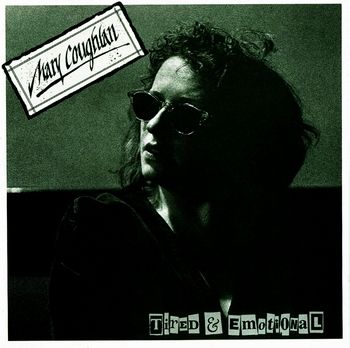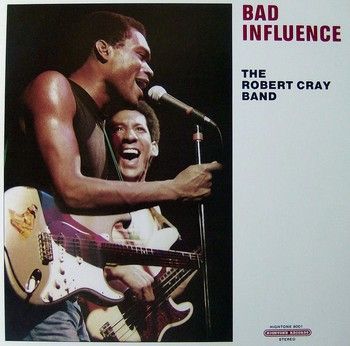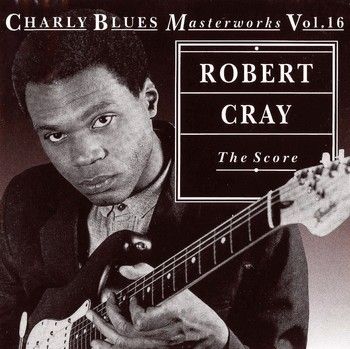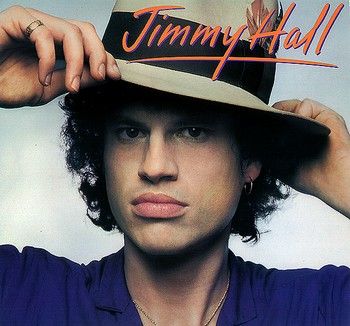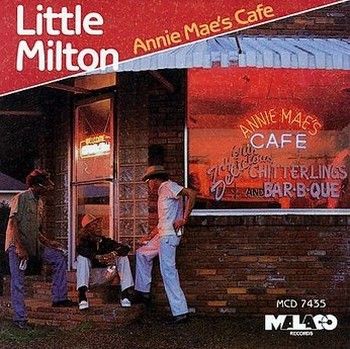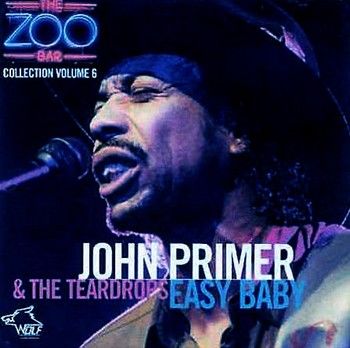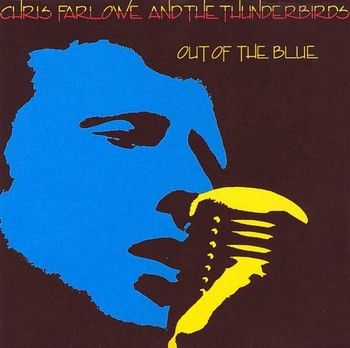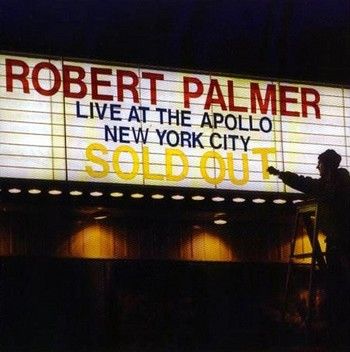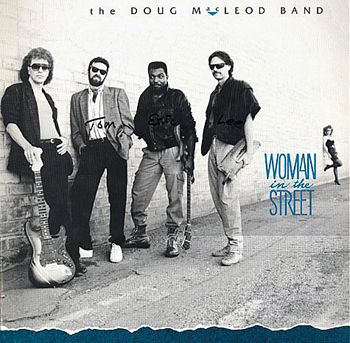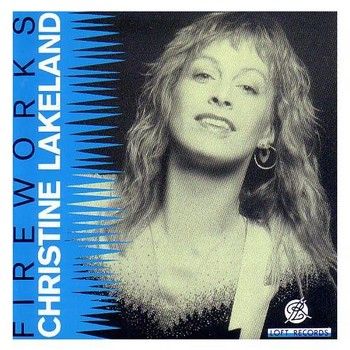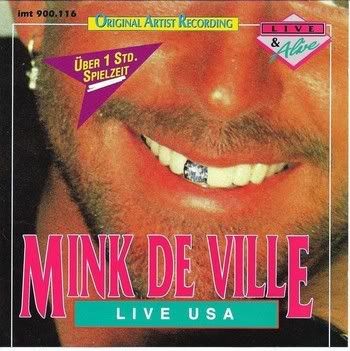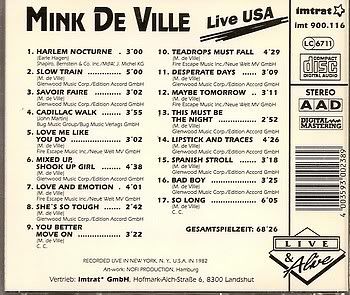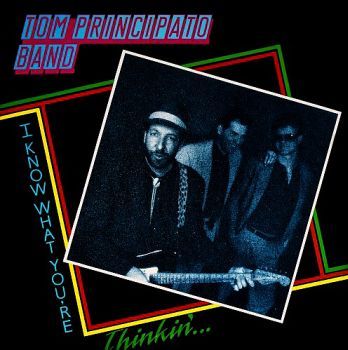
This is the sophomore release for the Tom Principato Band after the leader Tom Principato launched his solo career. Continuing in the grand tradition of their first CD "Smokin'" which I highly recommend seeking out, the guitarist/vocalist again partners with Steve Wolf on bass and Clark Matthews on drums. This trio, assisted here and there by organ fills and horn arrangements, is a real threat, and they dish out some fine rock-n-roll that is infused with some jazz and some blues/soul. Tom Principato contributes 2 originals, the jumping "Try to Reach You" and the searing instrumental "Blue Lights", which he thinks is one of the best songs he ever wrote. While I think that "Blue Lights" certainly finds a rival in the title track of Tom's "In The Clouds" CD, it is definitely a composition that should have been considered for a Grammy. Steve Wolf, who is a remarkable bass player in his own right, contributes 3 originals that bring a greater strength and diversity to the album. With Steve Wolf paired up with Clark Matthews on drums, the rhythm section in this power trio is rock solid and tighter than a bull's butt. The choice of covers on this album is quite fun: "Congo Square" by Sonny Landreth, "Never Make a Move Too Soon" which has been a staple in BB King's repertoire, and "Honeydripper" by Art Neville. The band does an excellent job with the covers, really making them their own and delivering a really fun rendition of "Never Make a Move Too Soon" -- Tom also nails the vocals down to a tee on this great tune. That being said, Tom does a super job with the vocals throughout. As an added bonus, the sound quality is remarkable throughout this album. The sample MP3s don't really do this album much justice -- you have to hear it in its entirety to judge. The CD version for some reason isn't available on Amazon but is available directly on Tom's website for those who like the hard piece of plastic :-)- By & © Denis (NJ, USA) “***** Infectious American rock-n-roll, right up with the best of 'em, August 23, 2010” © 1996-2014, Amazon.com, Inc. or its affiliates http://www.amazon.com/product-reviews/B000QZYK3C/ref=acr_dpdigitalmusic_text/175-5373449-9600335?ie=UTF8&showViewpoints=1
The great and underrated guitarist Tom Principato has a rich blues background, and a genuine love of the blues. He is long known to guitar aficionados for his beautiful fluid playing technique. The legendary Pat Metheny once said of Tom, “He has an enormous talent at telling stories in his solos; he doesn't play 'standard' licks". Tom's albums cover everything from blues, jazz, country and high-energy rock to Latin and Eastern influenced neo-classical music”.“ I Know What You're Thinkin'” covers blues, soul, funk and rock played with genuine passion. This album is HR by A.O.O.F.C. Check out Tom’s “Blues Over The Years” album on this blog, and try and listen to Tom’s great “Tip of the Iceberg” album. Buy his terrific instrumental "Not One Word" album and support real music [All tracks @ 320 Kbps: File size = 92.3 Mb]
TRACKS / COMPOSERS
1 I Won't Recover - Steve Wolf 3:56
2 Never Make Your Move Too Soon - Stix Hooper / Will Jennings / Nesmond Hooper Jr. 5:16
3 Rose Marie - Steve Wolf 3:50
4 Blue Lights - Tom Principato 6:13
5 Congo Square - Sonny Landreth 5:50
6 Try To Reach You - Tom Principato 3:00
7 I Know What You're Thinkin' - Steve Wolf 3:50
8 Honeydripper - Art Neville 5:29
MUSICIANS
Tom Principato - Guitar, Lap Steel Guitar, 6 String Bass Guitar, Bass, Electric Bass, Vocals
Steve Wolf - Bass, Vocal Harmony
Tom Lepson - Hammond Organ, Vocals, Vocal Harmony
Clark Matthews - Drums, Vocals, Harmony Vocals
David Palmer - Drums, Percussion
Pete Barrenbregge - Tenor Sax
Scott Young - Tenor Sax, Horn
Dave Brink - Baritone Sax
Bruce Gates, Vaughn Nark - Trumpet
Rick Lillard - Trombone
Mary Chapin Carpenter, Margot Kunkel, Cindy Wallman - Backing Vocals
BIO
Guitarist, singer, and songwriter Tom Principato has long been a regional star in Washington, D.C., Maryland, and Virginia. He has toured nationally around the U.S., Canada, and Europe, but often the venues are clubs. His particular blend of blues-rock is highly specific; jazz guitar master Pat Metheny said of Principato, "he has an enormous talent at telling stories in his solos; he doesn't play 'standard' licks." Raised in suburban Washington, D.C. his early guitar playing heroes included Roy Buchanan and Danny Gatton. He listened to his parents' recordings by the likes of Chet Atkins and the Benny Goodman Sextet with Charlie Christian, and like a lot of kids, discovered the power of Chicago blues in his high school years. Earlier in his professional career, Principato divided his time between two still-great cities for blues, Washington, D.C. and Boston. Principato was the leader of a band, Powerhouse, whose only album but lively shows made them a major club attraction in the late '70s. In 1980, Principato also joined guitarist Geoff Muldaur on the road and recorded an album with him as a member of his band. Back home in D.C. in 1981, he sought out and hooked up with a number of musicians, including Big Mama Thornton, Billy Price, and Sunnyland Slim and the Assassins, a band that included Nighthawks guitarist Jimmy Thackery.Principato recorded two albums with the Assassins, No Previous Record(1986) and Partners in Crime (1987). By 1987, Principato had launched his own solo career, playing at various nightclubs in and around D.C. and northern Virginia with varying trios. He made a live recording with his early mentor, Danny Gatton, Blazing Telecasters, which was later released in 1990. Since 1984, Principato has recorded many solo albums featuring his own varying groups. They include Smokin! (1986) I Know What You're Thinkin(1988) Blazing Telecasters with Danny Gatton, In Orbit (1990) Tip of the Iceberg (1992), In the Clouds (1995), and Really Blue (1998). He releasedBlues Over the Years in 1999, Not One Word in 2000, Live in Europe in 2001, Fingers on Fire with Pete Kennedy (now of the folk-rock duo the Kennedys) in 2002, House on Fire in 2003, Oh No! More Blazing Telecasters in 2005, and Guitar Gumbo, released that same year. His most recent recording, Raising the Roof, was released in 2008. Through the years, Principato has released records on his own Powerhouse Records label, as well as with the now-defunct, Atlanta-based Ichiban label. His live shows, often accompanied by just a bassist and drummer, are exciting, with lots of guitar pyrotechnics and great playing from the other members of his ensemble. Since the 1990s, Principato has enjoyed ongoing endorsement deals with Fender guitars, DR String Co., Seymour Duncan pickups, and Roger Mayer effects pedals. (The London-based Mayer made a variety of effects pedals and electronic gadgets for Jimi Hendrix.) Based in Falls Church, VA., when he's not out delivering his powerful live shows to crowds in clubs and theaters, Principatois like lot of unheralded blues and roots rock performers; he spends a lot of time in Europe, where the crowds in general seem to be much more appreciative of indigenous American styles. Other than a brief flirtation with Island Records, he has never been signed to a major label. © Richard Skelly
© 2014 AllMusic, a division of All Media Network, LLC. | All Rights Reserved http://www.allmusic.com/artist/tom-principato-mn0000514024/biography


